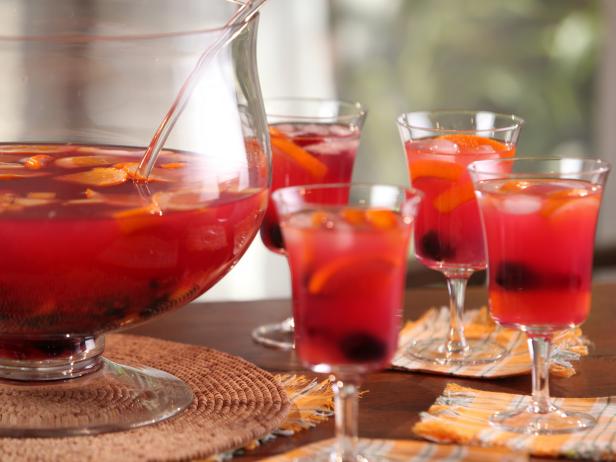Hibiscus tea is a well known caffeine-free herbal tea created from the sepals with the Hibiscus sabdariffa plant, also referred to as the “roselle”. For this reason, this drink might be also referred to as roselle tea. Hibiscus tea has a long history of consumption in a number of countries and cultures, but especially in hot, tropical areas, for example the middle east and guatemala, in which the roselle plant grows easily. This informative article gives assistance with buying hibiscus online, explaining both best places to obtain hibiscus flowers for usage in herbal tea, and ways to determine which company to acquire from and which specific item to get.
Two primary causes of hibiscus: herb companies, and tea companies: Because it’s an organic herb included in herbals, hibiscus can be acquired both from herb and spice companies, and from tea companies which have a few herbal teas in their offerings. There is no general rule about which of those companies are generally an improved spot to buy hibiscus. However, herb companies often tend to offer better prices on purchasing the bulk herb, and they are more prone to provide the herb in various grades. Most tea companies, alternatively, only carry one pure hibiscus tea, and primarily sell the herb in other blends which might either include hibiscus because the primary ingredient, or more often, one ingredient among many.

Whole flowers, cut and sifted (c-s), and powdered: Hibiscus teas are purchased in three other ways: as whole flowers, as items of flowers (usually called “cut and sifted” and denoted c-s or c/s), and as powder. Much like whole-leaf herbs and loose-leaf tea, hibiscus retains its flavor better when in whole flower form.
The complete flowers are generally the costliest, and they are slower to infuse, nevertheless they possess some advantages and quite often have superior flavor. The cut and sifted hibiscus infuses faster, but it also loses its flavor quicker during storage. The powdered hibiscus goes farther in this direction, infusing quickly, but staying fresh less long compared to the cut and sifted type.
Country of origin of hibiscus: Hibiscus to be used in hibiscus teas are grown in a number of different countries, but probably the most common more likely to be Egypt. Other countries with commercially-available hibiscus include Nigeria and Sudan. Many tea companies and herb companies tend not to specify the nation of origin of these hibiscus or of other herbs. Generally speaking, it is best to buy herbs from companies that clearly find out the country of origin, and hibiscus isn’t any exception.
For more details about Hibiscus tea benefits you can check the best net page.
